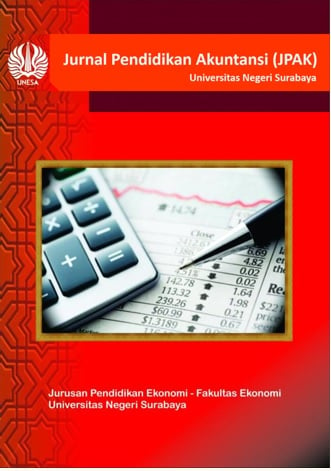Apakah Tanggung Jawab Sosial Mempengaruhi Earning Management? Literature Review
DOI:
https://doi.org/10.26740/jpak.v11n1.p53-65Keywords:
Social responsibility; CSR; earnings managementAbstract
The purpose of this study was to determine whether corporate social responsibility has an effect on earnings management. The research method used is a systematic literature review from various national and international journals. The results of this study indicate that there is a research gap among researchers regarding the relationship between corporate social responsibility and earnings management. Some researchers find that social responsibility has a significant negative effect on management earnings, which means that the better the company's CSR activities, the smaller the earnings management practice, this is because the company will prioritize relationships with stakeholders and information disclosure. Meanwhile, some researchers found that CSR activities have no significant effect on earnings management. The cause of this difference is due to the differences in the countries studied, the measuring instruments used, and the ethical values ??in each company. This research is expected to provide an overview to further researchers in determining the appropriate object and measuring instrument tailored to the objectives of each research.
Downloads
Downloads
Published
How to Cite
Issue
Section
License
Authors who publish with this journal agree to the following terms:
- Authors retain copyright and grant the journal right of first publication with the work simultaneously licensed under a Creative Commons Attribution License that allows others to share the work with an acknowledgement of the work's authorship and initial publication in this journal.
- Authors are able to enter into separate, additional contractual arrangements for the non-exclusive distribution of the journal's published version of the work (e.g., post it to an institutional repository or publish it in a book), with an acknowledgement of its initial publication in this journal.
- Authors are permitted and encouraged to post their work online (e.g., in institutional repositories or on their website) prior to and during the submission process, as it can lead to productive exchanges, as well as earlier and greater citation of published work (See The Effect of Open Access).

Jurnal Pendidikan Akuntansi (JPAK) is licensed under a Creative Commons Attribution-NonCommercial 4.0 International License.
 Abstract views: 313
,
Abstract views: 313
, PDF Downloads: 366
PDF Downloads: 366



